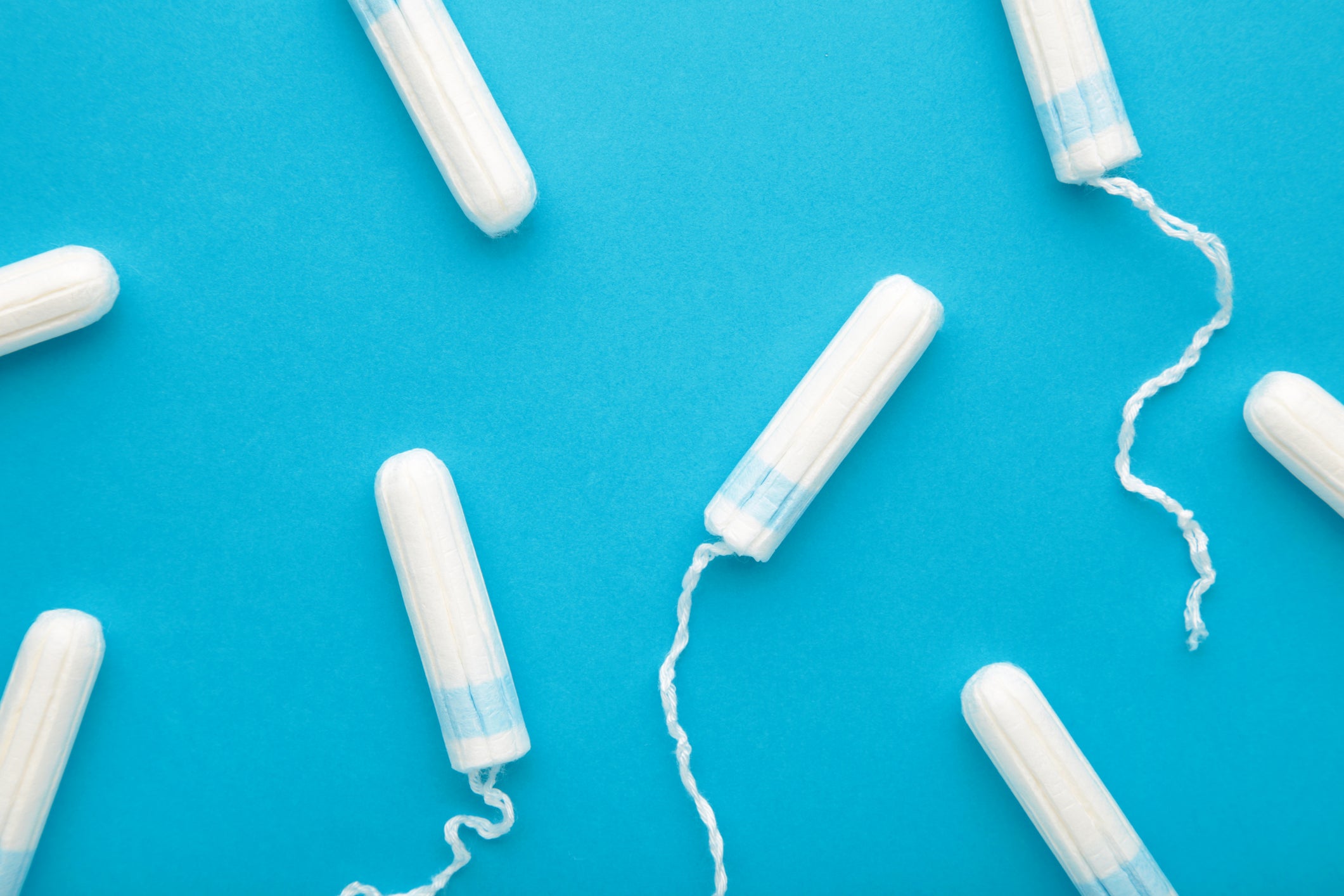The pandemic made period poverty worse – but showed us how to fight it
During lockdown, the closure of support services created new ways of getting menstrual products and support, writes Gemma Williams

Your support helps us to tell the story
From reproductive rights to climate change to Big Tech, The Independent is on the ground when the story is developing. Whether it's investigating the financials of Elon Musk's pro-Trump PAC or producing our latest documentary, 'The A Word', which shines a light on the American women fighting for reproductive rights, we know how important it is to parse out the facts from the messaging.
At such a critical moment in US history, we need reporters on the ground. Your donation allows us to keep sending journalists to speak to both sides of the story.
The Independent is trusted by Americans across the entire political spectrum. And unlike many other quality news outlets, we choose not to lock Americans out of our reporting and analysis with paywalls. We believe quality journalism should be available to everyone, paid for by those who can afford it.
Your support makes all the difference.Despite the UK being one of the most developed countries in the world, there are still thousands of people here who are not able to afford or access period products or menstrual health services – what’s known as “period poverty”. The pandemic has only made this worse.
When the UK entered its first lockdown, all “non-essential” workplaces were closed, including many places that had been providing free period products, education and healthcare for those experiencing period poverty, such as schools.
Shortly afterwards, children’s charity Plan International UK released a report showing the impact this was having. It highlighted how the closure of support services and stockpiling was making it more difficult for people to find tampons, pads and other period products that were affordable.
Our team then conducted research to see how things evolved from this point. Over 18 months (July 2020 to December 2021), we collected data from 34 UK services providing period products, menstrual health education or menstrual health support to find out how they adapted. We also surveyed 240 people across the UK who had experienced period poverty during the pandemic to find out how they had been affected. Here’s what we found.
Access to period products did indeed become more of a problem during lockdown. Of the people we surveyed, 85 per cent had experienced difficulties accessing products during lockdown. But this wasn’t just because they couldn’t afford them. The people we spoke to also couldn’t find products in the places they usually got them from. Places that had provided free products, like schools, were closed, and shops and supermarkets were running out of affordable options.
As in times beforehand, period poverty has been about more than just period products themselves. Rather, it is a problem of unequal access to all aspects of period-related support
Period poverty services also told us of how “new groups” needing help getting products had appeared because of the pandemic. NHS staff were contacting services for products as their workplaces didn’t provide them during long shifts. People who had lost their jobs or been furloughed now needed support because they couldn’t afford products. And period products were often missing in packages provided by food banks or for clinically extremely vulnerable people that couldn’t leave their houses.
To meet this increase in demand, new ways of providing products appeared. Period poverty services created “take what you need” boxes, which offered products for free in public places. They also started doorstep deliveries or posting products to people’s home addresses, while social media and community groups communicated where people could get products from.
Support services found that connecting with and supporting new groups and communities was actually a huge benefit of lockdown, and many of the solutions they came up with during the restrictions were kept up after they lifted. Services supporting schools told us that a particular positive was the opportunity to promote reusable period products, with requests for these increasing during lockdown.
Services also told us that plenty of people contacted them for menstrual health advice during lockdown, in the absence of easily accessible healthcare. We were told how accessing GP appointments had become difficult and that people felt they shouldn’t “bother” their doctors about their menstrual health, as it wasn’t as important as Covid.
Of the people we spoke to who had experienced period poverty during lockdown, 75 per cent stated they had needed support or advice about their menstrual cycle while restrictions were in place. Yet only 20 per cent actually sought support from a medical professional. Some didn’t have access to safe and private spaces to be able to attend online or telephone appointments with their GP but were offered no alternative form of consultation.
This highlights that during the pandemic, as in times beforehand, period poverty has been about more than just period products themselves. Rather, it is a problem of unequal access to all aspects of period-related support.
Should there be further lockdowns in this or a future pandemic, our research suggests that the need for support to deal with period poverty is likely to increase. This need will be there so long as there isn’t a central strategy and policy to address period poverty across the UK.
Having a robust, consistent approach to tackling all elements of period poverty is the best way to make sure people’s needs are met. It’s what the UK should be aiming for – pandemic or no pandemic.
Gemma Williams is a research fellow in gender inequality in health and menstruation at Birmingham City University. This article first appeared on The Conversation.




Join our commenting forum
Join thought-provoking conversations, follow other Independent readers and see their replies
Comments